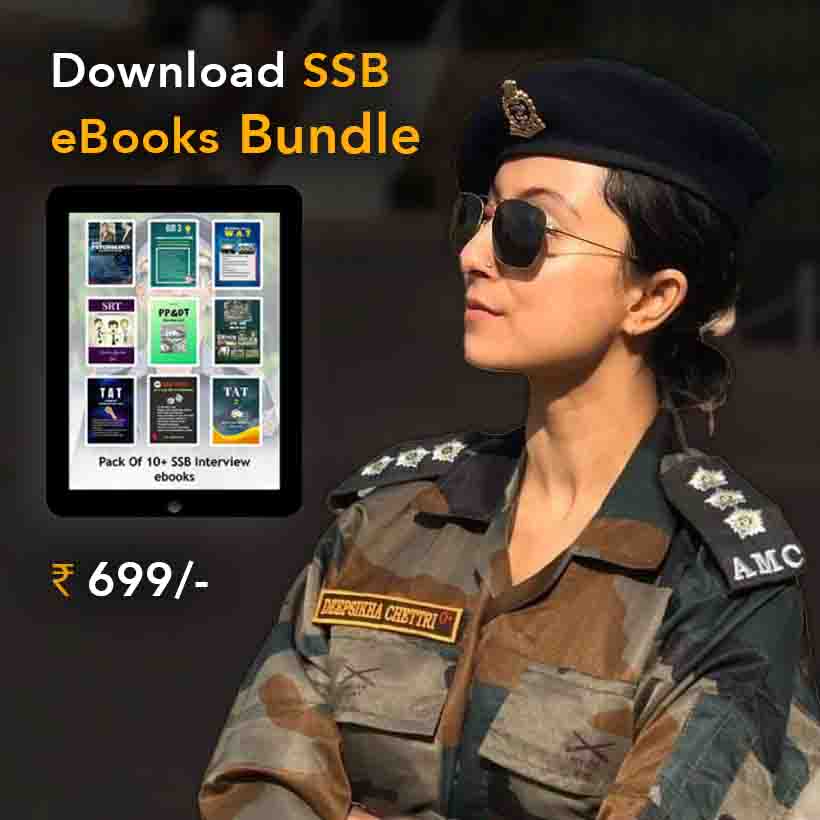Follow These Tips To Excel In Situation Reaction Test (SRT)
The Situation Reaction Test (SRT) is one of the tests conducted during the Psychology Test. It is conducted on the second day of the five day selection process. However in boards like 2 AFSB Mysore the Psychology test are conducted on the first day itself for entries like MET. In this test, the candidates are expected to give out spontaneous and instinctive responses to certain stressful, unfamiliar and real to life situations.
A total of 60 situations are required to be addressed in 30 minutes, i.e. 30 seconds per situation. These are ‘real to life’ situations, which you may encounter in your day to day life, are given in a Booklet, in the form of statements which you have to complete by giving appropriate reactions. Due to a constraint of time, you will generally give a response, which would be close to your actual reaction, while facing similar situation in real life.
The following aspects must be borne in mind while attempting the SRT:
You must write your responses in the separate sheets given to you for the purpose and not inside the SRT Booklet.
Give your response to a situation in a methodical / step wise manner, which is brief, but complete in all aspects; e.g. if you see a road side accident, you must start by giving first aid (if available), followed by organizing transport to take injured person to hospital, then inform police authorities and lastly inform the next of kin of the injured person.
ORIGINAL SET OF SRT TEST WITH SOLUTIONS : DOWNLOAD NOW
Be realistic, and do not show illogical bravado or foolhardiness in your responses; e.g. fight alone with a number of hoodlums while returning from a late night movie show with your girl friend, or jump into a river to save someone, when you are told in the situation that you are a non swimmer.
However, if your honour is at stake, then you can even sacrifice your life to protect it; e.g. if the hoodlums tell you that we will not harm you, if leave your girl friend behind and walk away.
Do not show wishful behavior, by presupposing things to make your problem easier; e.g. should not imagine that police will come out of the ‘blue’ and apprehend the hoodlums.
Do not demonstrate panic in your behavior by writing phrases like, shout for help, cried out for assistance, etc.
You must show presence of mind and utilize various recourses available at your disposal to their fullest potential while giving out your reaction. Besides, it shall also show your general awareness and resourcefulness.
While giving your responses, you must never forget your moral responsibilities towards the society and show empathy in your responses while dealing with the ‘feelings of others’.
Most important is that you need to actually mould your thought process closest to what you portray in your responses. Because, somewhere or the other in your responses in SRT/TAT/WAT/SD, your true personality traits will be visible to the assessor and naturally, it will not match with the “prepared” responses given by you.
SSB OIR BOOK RECOMMENDED BY EX SSB PRESIDENT
Different Types of Responses Given By Candidates:
Action Oriented Responses
In these responses the action is executed and completed. These are considered to be the best responses, and reflect the qualities of a candidate, who is self sufficient, self-reliant and a “doer”.
For example, “he jumped into the river and saved the boy”; “She along with other students controlled the fire by using fire fighting equipment available in the college”.
Make sure that all intermediary actions are written and the outcome is completed, e.g. called fire brigade, mobilised help, used local resources to contain fire, assisted in evacuation of victims and finally controlled the fire effectively.
Starts Action but Leaves it Incomplete
In such responses, the candidate plans, but shows a doubt with respect to the execution/completion of the task; e.g. he will try to catch the thief; such responses reflect lack of determination, inept self confidence and all those specific qualities to which the situation is related.
Unrealistic Responses
Responses that shows that the candidate lives in a fantasy world and in which the candidate often jumps to conclusions; e.g. He participated in Olympics and got a gold medal. It might show lack of self awareness or a defence mechanism of the candidate to glorify a quality that is deficient with him/her.
MUST READ: GTO TIPS FOR BETTER PERFORMANCE IN SSB
Unable to Complete Response
This happens due to high level of stress on the candidate, presented by the situation. Such responses by the candidate are interpreted by the psychologist as, from a highly stress prone candidate or that the candidate is unable to grasp the situation correctly or his speed of thinking process is slow, etc.
Leaving Blank SRTs
Invariably, a candidate will leave blanks, as he is unable to handle that particular emotion appropriately and is incapable to responding to it. Hence, that particular personality trait or quality would be found deficient with that candidate.
Conclusion
Finally, your responses will be assessed against the information given by you in your PIQ Form and will be cross checked during the Board Conference with your projected behaviour in GTO and Interview technique.
Since, you are required to give your responses in the form of “thoughts, feelings and actions” and is given against the constraint of time you will not be able to “fabricate a response” and hence, your true self will be clearly visible through your responses.
Therefore, I would advice all aspirants to always do a ‘timed practice’ and be ‘true’ to you while practicing for SRTs.
Later, analyse your responses and identify the areas of your personality that you need to calibrate and bring it into the zone desired at the SSB.
MOST SUCCESSFUL BOOK TO CRACK CDS EXAM
Start your SSB preparations with these specially curated ebooks.
Stage 1 SSB – SSB Oir ebook
SSB Psychology Test – Click Here
SSB Group Tasks – Click Here
Thematic Apperception Test – Click Here
Situation Reaction Test – Click Here
To Download Free SSB Material – Click Here


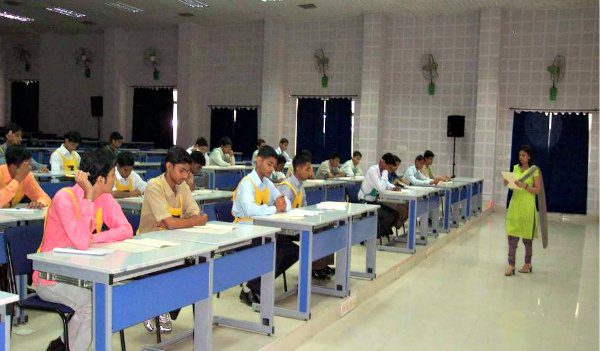
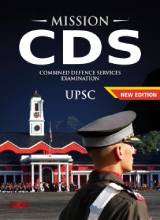
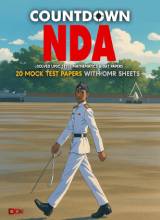
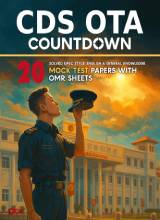
 Order Now on Amazon
Order Now on Amazon
